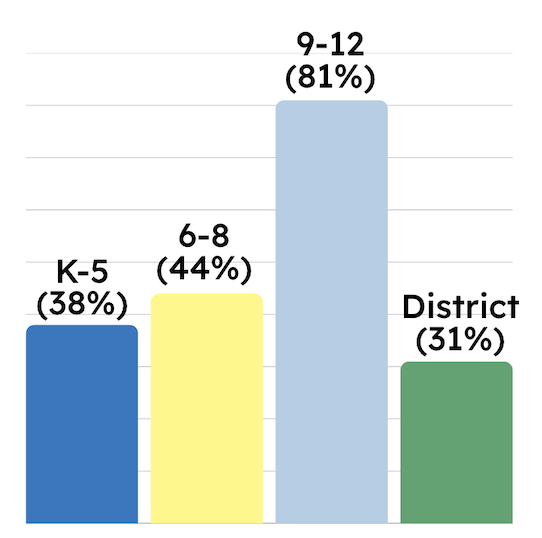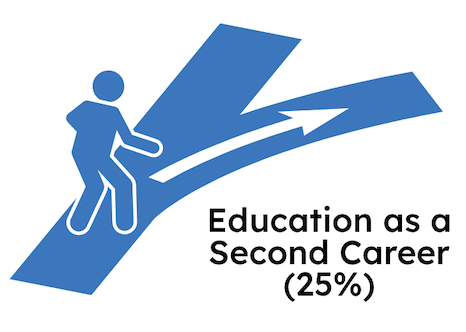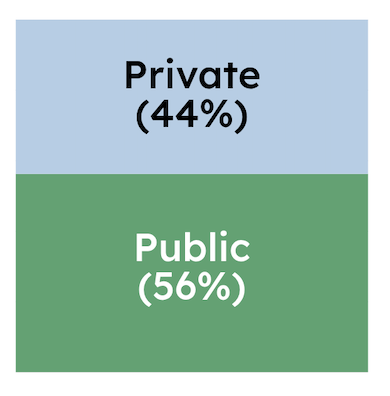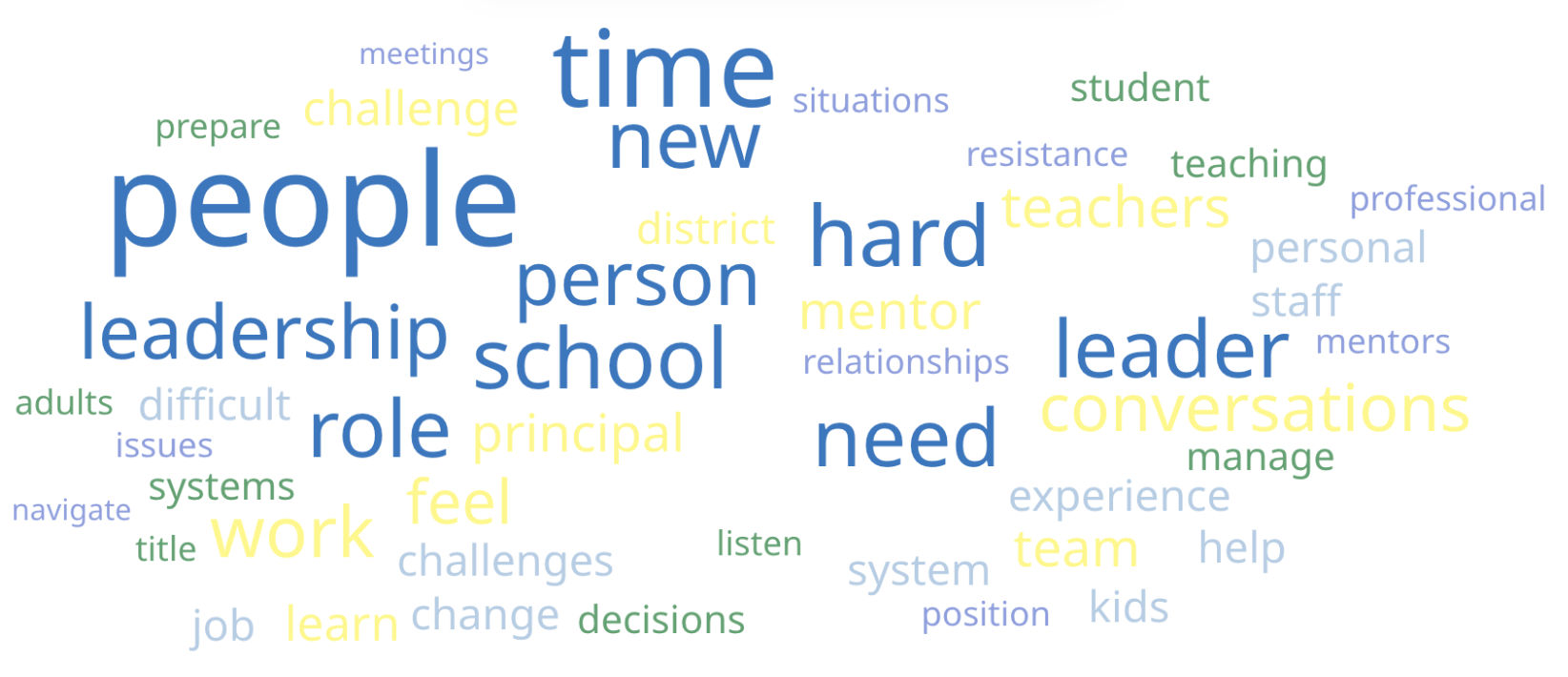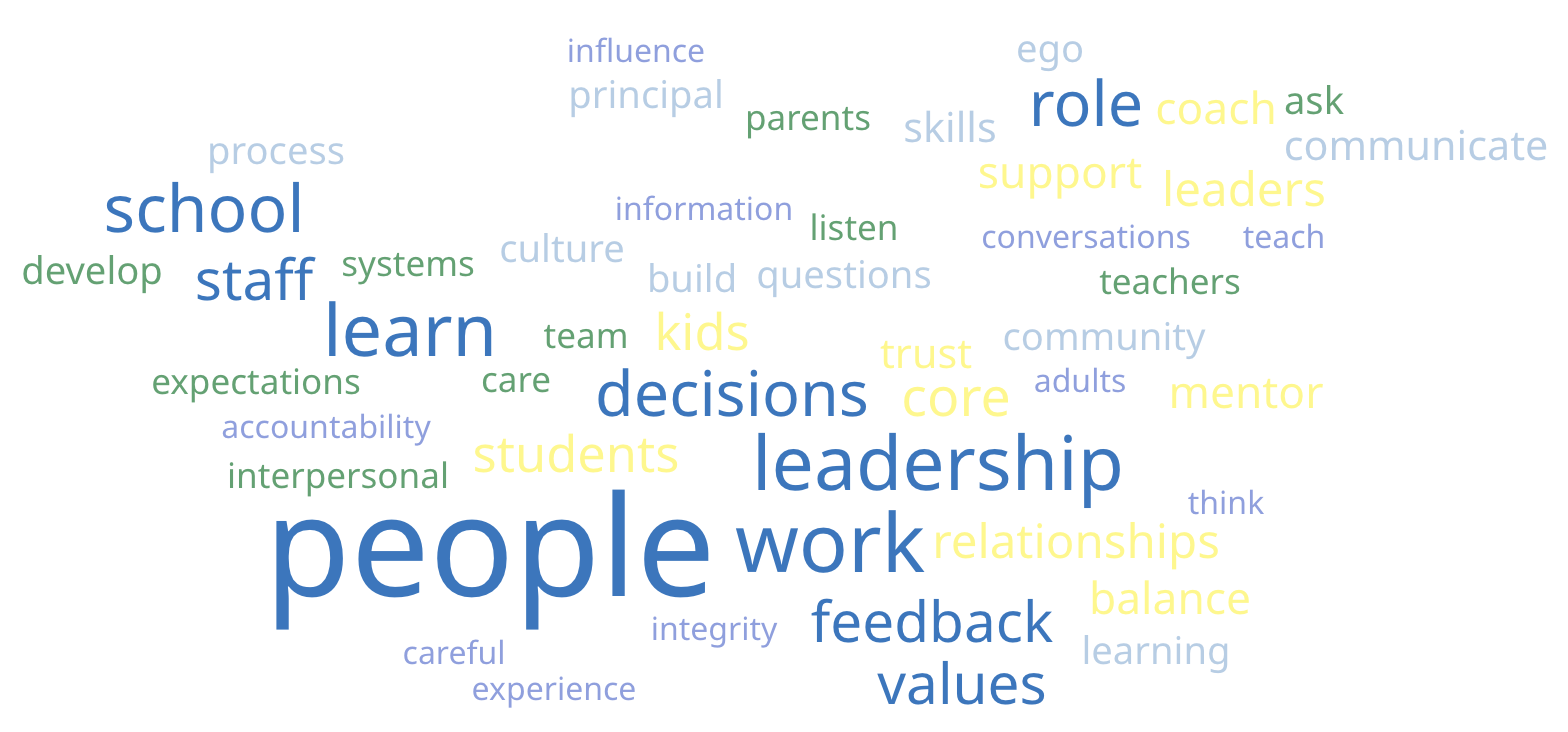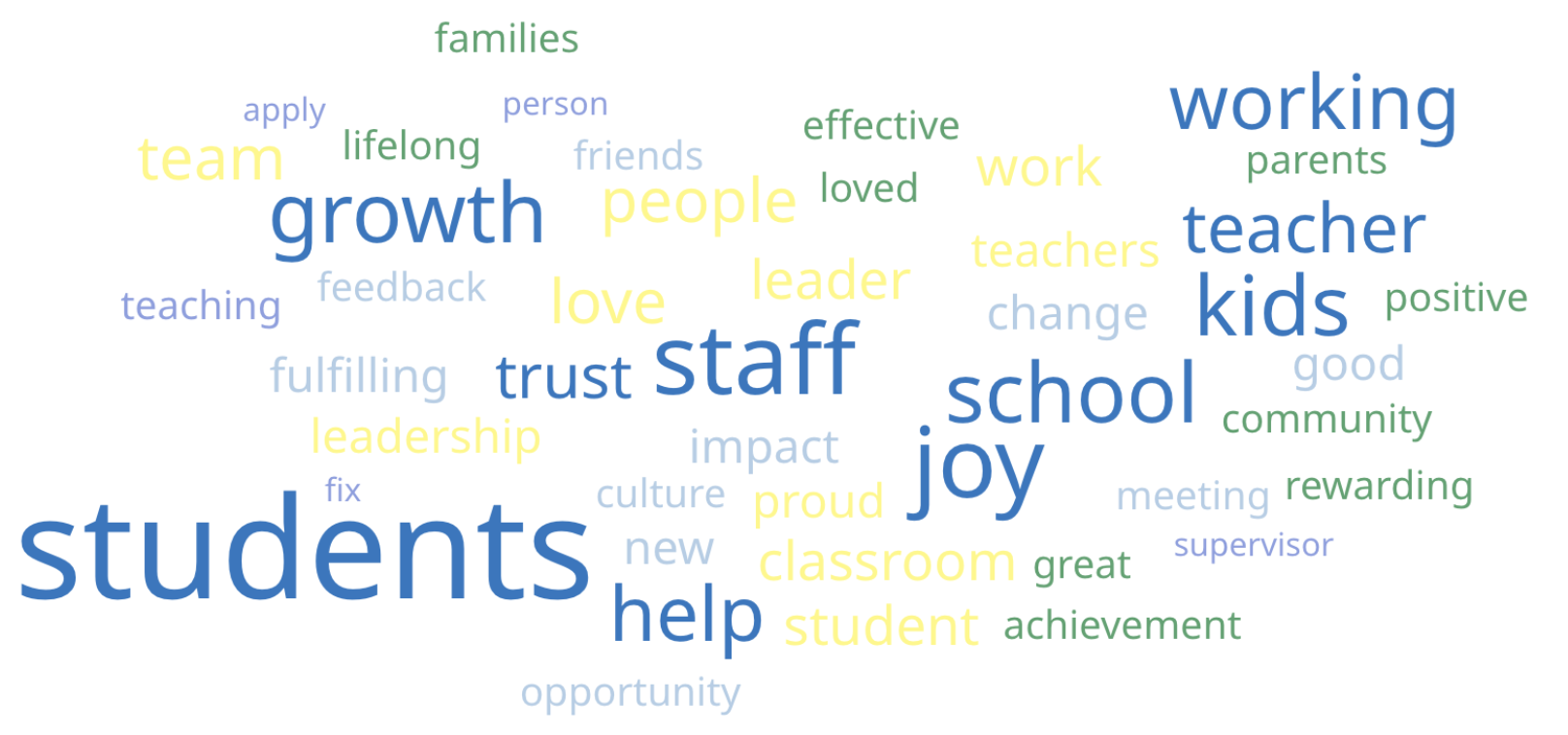Leadership Insights Report
As part of a Keyvan Consulting research initiative, we interviewed school leaders across the nation about their first year leadership experiences. The findings were clear. Many felt underprepared for the realities of the job, especially when it came to systems, staff dynamics, and decision-making under pressure. They also reported feeling isolated and overwhelmed by the day-to-day demands of leadership.
These findings underscore the urgent need for practical, real-world leadership development for first-time school leaders, which is exactly the kind of support we offer in our workshops, courses, and coaching programs! See the full report below.
PARTICIPANT PROFILE
Leadership Experience School Type
Years in Education
Leadership Experience Grade Level
Leadership Roles
Instructional Coach
Dean
Department Chair
Assistant Principal
Principal
District Director
Superintendent
NEW SCHOOL LEADER CHALLENGES THEMES
-
Key interpersonal challenges identified by participants include:
Transitioning from primarily working with students to working with and supporting adults
Facilitating difficult but necessary conversations with staff members and families
Effectively leading and collaborating with veteran staff who possess greater experience
Managing relationships with challenging supervisors and uncooperative leadership peers
Addressing complex situations involving varied, and at times, difficult personalities
Navigating the transition from peer to supervisor within the same school environment
-
Participant identified challenges with navigating school and district systems include:
Adapting to new schools
Navigating office politics
Understanding and applying school policies and state/federal laws
Addressing inherited issues and negative perceptions from previous leaders in their role
-
Analysis revealed several significant challenges related to role clarity and professional responsibilities including:
Ambiguous job responsibilities and expectations
Managing evolving responsibilities that emerge throughout the academic year
Insufficient communication regarding role expectations, leading to a feeling of being set up for failure
Limited capacity to effectively and reasonably manage multiple responsibilities within time constraints
Inadequate role-specific onboarding and orientation to school-specific contexts
-
Participants described the challenges they encountered when attempting to implement meaningful change. Key obstacles include:
Developing and refining an authentic leadership style during the early months of leadership
Effectively addressing and overcoming stakeholders’ resistance to change
Bridging the perceived divide between administrative leadership and school staff (“us vs them” mentality)
Establishing trust and feedback channels to inform and guide true organizational change
Balancing rapid decision-making demands with strategic priority management
Maintaining emotional distance when progress is slow and learning how to not take it personally
-
Participants shared the isolating challenges regarding the transition into leadership, which included:
Professional isolation in leadership positions, particularly a decrease of on-site community and support
Limited or no access to experienced mentors who can provide confidential guidance and support
Difficulty managing crisis situations effectively
Uncertainty in decision-making processes and their implications
Managing the substantial emotional demands that can contribute to professional burnout
-
Participants highlighted several identity-related challenges faced by new leaders:
Managing others' misconceptions about one's character and capabilities
Navigating environments dominated by established leaders who may underestimate or dismiss new leadership
Pressure to demonstrate competence and establish credibility
Confronting stereotypes and managing unrealistic role expectations
Experiencing age, gender, and/or racial discrimination
ADVICE FOR NEW SCHOOL LEADERS THEMES
-
Participants highlighted several critical aspects of school culture that new administrators should prioritize:
Building strong relationships with students, staff, and families
Being visible and engaged throughout the school in meaningful ways
Focusing on building and strengthening school teams and developing staff leaders
Implementing change gradually and strategically to ensure lasting success
-
Participants highlighted mentorship as an essential factor for new leader success. Key insights include:
Proactively seek guidance and don’t be afraid to ask many questions
Find a trusted mentor who can provide honest feedback in a safe, confidential environment
Develop a professional network of trusted colleagues for mutual support and collaborative learning
-
Participants emphasized that understanding organizational systems is fundamental and shared the following insights:
Develop effective verbal and nonverbal communication skills
Practice personal accountability and follow through consistently
Identify and uphold your core values
Learn to hold others accountable and approach it with support and compassion
Understand the school's infrastructure and each person’s role within it
-
Participants identified that self-awareness and emotional intelligence are crucial competencies for new school leaders, and key aspects include:
Developing self-knowledge and understanding how personal experiences and potential biases may influence leadership decisions and interactions with others
Prioritizing emotional well-being through effective stress management and self-care practices
Cultivating the ability to process feedback constructively while discerning what information is useful for self-growth
Establishing effective personal organizational systems
Implementing clear professional boundaries to maintain work-life balance and sustainable leadership practices
-
The following insights emerged from participants regarding effective leadership mindsets:
Maintain professional humility and authenticity in leadership interactions (let go of your ego)
Develop confidence in your leadership capabilities and trust yourself
Cultivate emotional resilience, maintain a professional perspective, and learn to not take it personally
Embrace continuous professional and personal growth
Prioritize organizational culture and community through collaborative and service-oriented leadership approaches
CHALLENGES WORD CLOUD
ADVICE WORD CLOUD
JOYS WORD CLOUD
Professional Development Opportunities!
-
Click the links below to learn more about our services!
-

